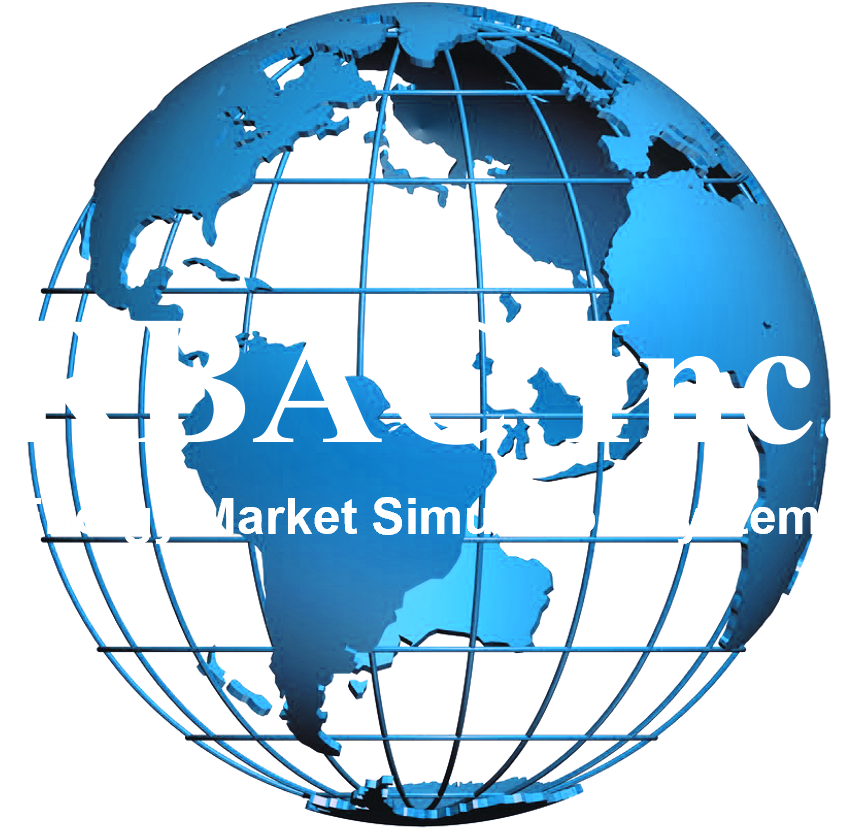
Economic Fact vs. Political Fiction
How can we reduce natural gas prices? What would happen if liquified natural gas (LNG) exports were banned? What should be the role of government in this matter? And what does this have to do with popcorn?
As this article points out, New England has found itself in a bind because its politicians both railed against new gas pipelines and when prices inevitably rose, attempted to ban exports of same said natural gas. It’s so bad that the regulator warned against blackouts and called the situation “precarious.”
Why would politicians do such things when any economics student in high school would tell them that would raise prices for the consumer?
One clue might simply be that the purpose of business and politics is different. Let’s look to Merriam-Webster:
A business is “a commercial activity engaged in as a means of livelihood,” and the livelihood of every executive and employee (and if a public company, shareholder) depends on fulfilling the “fundamental role of business” which per the World Economic Forum, “has remained relatively constant: providing the goods and services that people need or want.”
Politics on the other hand actually means, “the art of winning and holding control over a government,” and “especially: competition between competing interest groups or individuals for power and leadership (as in a government).”
Looking at New England’s energy crisis through this lens, it starts to become clearer what is going on.
Ideally, every business transaction would be of good quantity/quality for a fair price. The consumer gets what he wants, and the business can survive and even thrive.
But anyone who has paid twenty dollars for two drinks and popcorn at the cinema will tell you that it doesn’t always happen that way.
Now, the government could come in and make a law that no drinks and popcorn combo can be over $10. But then what happens? The government now assigns someone or hires someone to oversee popcorn and soda sales at cinemas, the government cost of which we must pay in tax. And any extra reporting requirements to cinemas get passed on to the price of your ticket. Now your ticket costs $15 instead of $12. If the law says cinemas can’t charge extra due to the new law, then they just don’t sell popcorn or soda. And the one time you had a date with a supermodel and wanted to splurge on popcorn and soda you were out of luck and a very dull date.
Now a different solution, born out of competition and innovation could arise. A cinema which teams up with young inventor to create an energy efficient popcorn maker and soda fountain, with long term contracts to popular corn and cola companies might just bring costs down enough to make it possible to lower prices. And once one cinema does it, others will follow. Bang, everyone wins, and your supermodel date is happy.
Now one cinema might quietly lobby the government to ban the new innovative popcorn machine, perhaps because it was not manufactured and nor transported by local crews, perhaps due to a recent study that cola bean harvesting caused irreparable harm to someone, somewhere. In the end, innovation loses, prices stay high and might even rise because one cinema goes under due to failure to recoup costs of R&D.
An economic principle: “Competition forces producers to be more efficient and innovative to stay in the market and make a profit.”
In the example above, innovation still brought profit to the cinema. It had more popcorn and soda for more people at a fair price and everyone was happy.
So, what the heck does this have to do with natural gas and LNG?
Well, I was born in Boston, and suffice it to say, it’s cold. As a kid I was bundled up like a treasured keepsake in bubble wrap, waddling like a penguin in the freezing cold until I could take no more, falling face first into foot-deep snow, willing to go no further, to my parents’ ultimate chagrin.
My family finally left for warmer climes, and I grew up in L.A.—lots of smog, but blue skies and warm weather, nonetheless.
Boston, and the rest of New England, have a regular winter energy crisis. Unlike the rest of the country, New England has chosen a route of both railing against high energy prices and railing against increasing infrastructure recommended time and again to reduce such.
One senator who opposed pipelines to her state said: “… as Massachusetts works to modernize our energy system and ensure that prices remain affordable for families and businesses, it is urgent that we upgrade aging infrastructure and invest in clean technologies of the future.”
Going back to “good quantity/quality at a fair price” as a basic goal, this would make no sense.
But considering again the definition of politics, “competition between competing interest groups or individuals for power and leadership (as in a government),” it’s easier to see why these projects can have trouble getting off the ground. (And by the way, incumbent members of congress get re-elected upwards of 90% of the time)
Now, President Lincoln’s birthday passed just a week ago, and he famously said:
“that this nation, under God, shall have a new birth of freedom — and that government
OF the PEOPLE,
BY the PEOPLE,
FOR the PEOPLE,
shall not perish from the earth.”
Politicians that really take to heart “FOR the PEOPLE” will base their policies on sound economics and reasoned approaches that will result in changes to that “aging infrastructure.”
Being in the energy industry for even a little while, you can see there are plenty of people who would love to bring affordable and abundant energy to all parts of the country including New England. (See recent writings of EQT’s Toby Rice.)
Last economic principle: “the government promotes competition by launching antimonopoly, deregulation, and privatization policies.”
If politicians simply said that we want “good quantity/quality at a fair price,” then there would be plenty of innovators ready to make it happen. Government would be wise to look at impediments to such a simple goal. It’s sound economics.
Working with RBAC, Inc.‘s natural gas market analysis team, I can see many possibilities and great ideas. There is no real Us-Them situation here with people-government-business. We are all OF, BY and FOR the people. Successful businesses know that.
In a country that is finally energy independent, in a country that has become the largest LNG exporter in the world, in a country where freedom and opportunity is more guaranteed than anywhere else, isn’t it time to solve this problem?
And finally, we can have a cozy winter in my hometown where we don’t have to choose between cold blackouts and going broke.
RBAC, Inc. has been the leading provider of market fundamental analysis tools used by the energy industry and related government agencies for the past two decades. The GPCM® Market Simulator for North American Gas and LNG™ is the most widely used natural gas market modeling system in North America. RBAC’s G2M2® Market Simulator for Global Gas and LNG™ has been instrumental in understanding evolving global gas and LNG dynamics and is vital in fully understanding the interrelationship between the North American and global gas markets.


